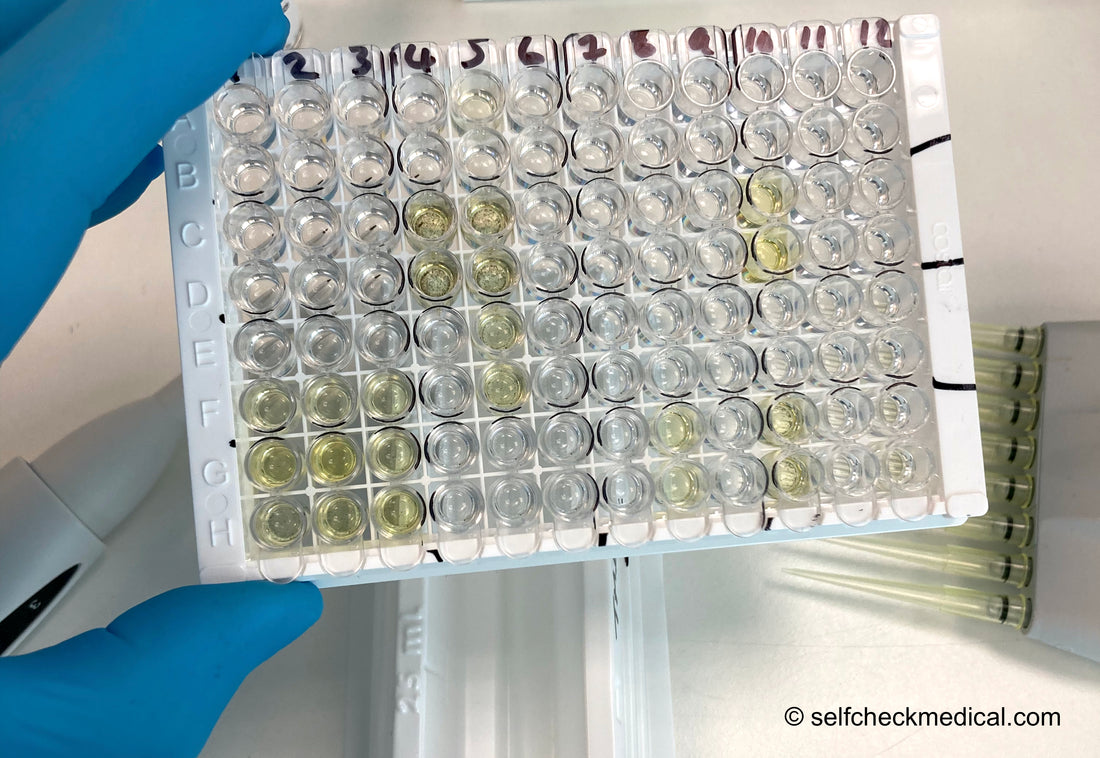All medical devices sold and marketed in the UK, including medical diagnostic tests, are required by law to be approved by, and registered with MHRA in a centralised publicly-accessible database.
Costs of MHRA registration to soar
Medical diagnostic companies are likely to see the cost of registering their products with MHRA to soar next year in an effort by the regulator to recoup some of their costs policing the medical device industry. Some of the proposed changes include a hike in the registration fees charged to medical device companies, which includes diagnostics companies, and making these charges an annual fee, rather than a one-time fee paid at the time of the original registration.
Unfairly affecting the most innovative medical companies
The proposed new fee structure is likely to significantly affect smaller medical diagnostic companies, which fuel innovation in this sector. This is due to the relatively large and diverse number of categories of products manufactured by diagnostic companies, albeit relatively low value, compared to other types of medical device manufacturers, and each type of test needing a separate registration with MHRA. If the proposed changes go ahead, a small diagnostics company with just 100 products is likely to face an additional annual registration fee of at least £21,000, and a proportional increase in workload and costs for the company to administer the registrations each year.
What does this mean for the future development of new diagnostics in the UK?
If the proposals go ahead as planned, some SMEs may decide to cease the R&D and production of more specialised diagnostics due to the increased financial burden, resulting in less competition between manufacturers for NHS labs to purchase their tests from. Most diagnostic companies will have no alternative but to increase the prices they charge the NHS for their tests, so at the end of the day there may not be any net financial gain for the government in increasing the fees that MHRA already charges.

